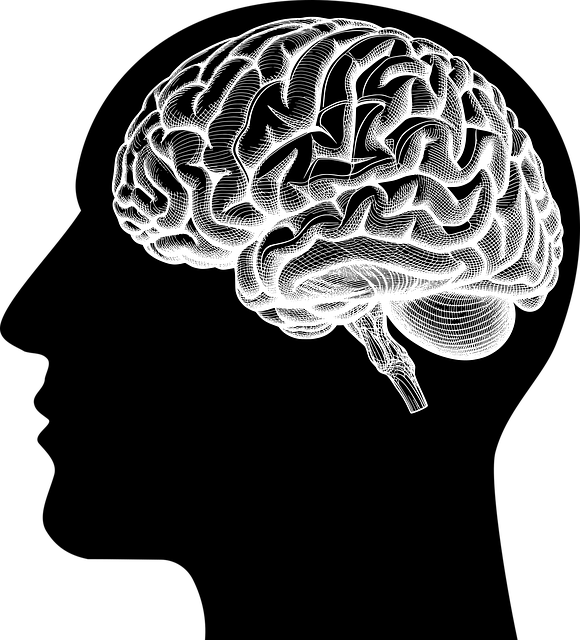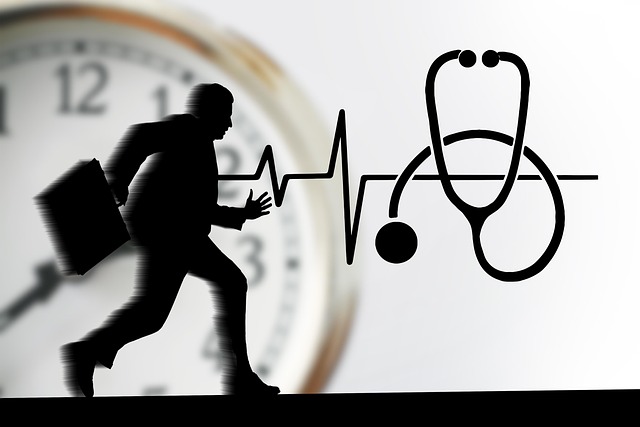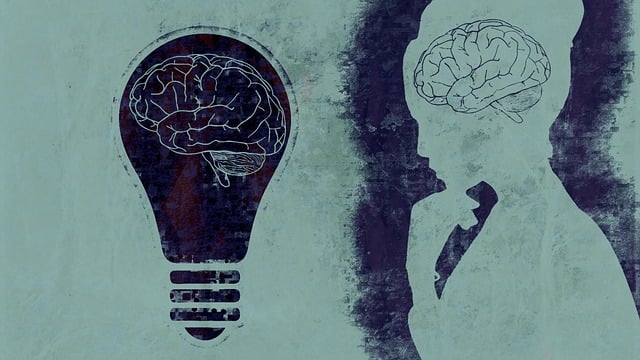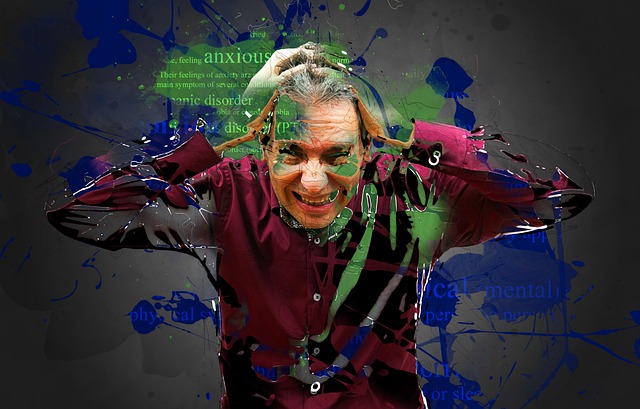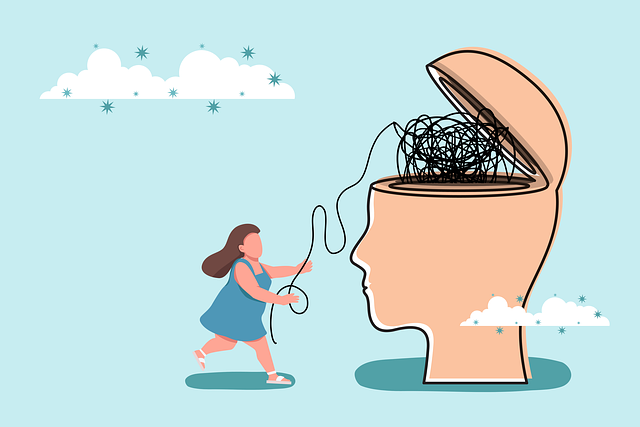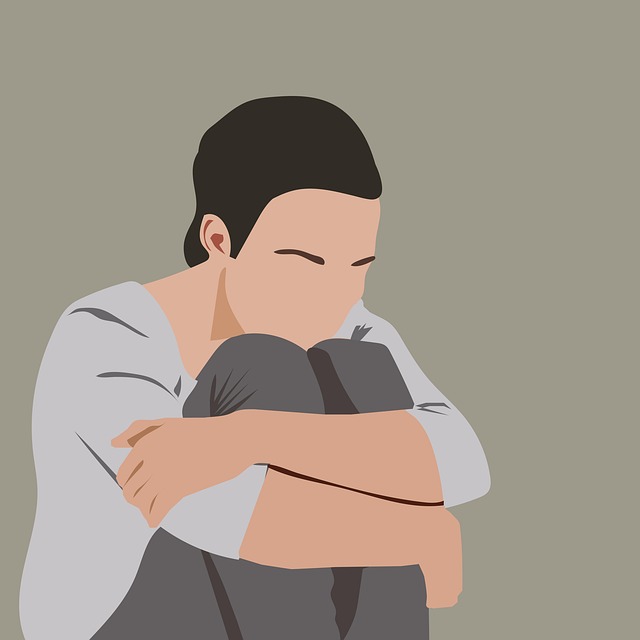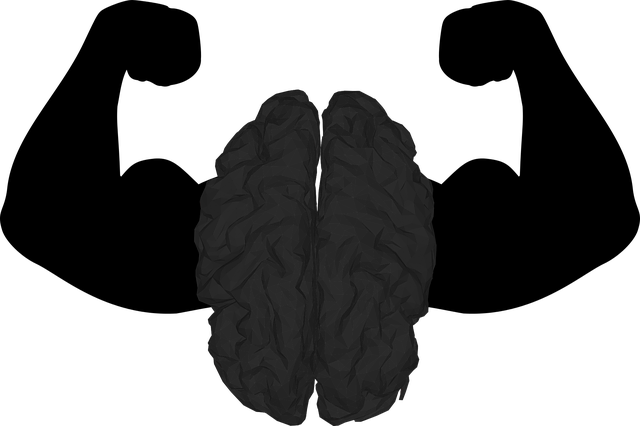Sexual abuse significantly impacts adolescent mental wellness, leading to various issues such as anxiety, depression, and PTSD. Specialized therapy sessions are crucial for healing, addressing trauma, and rebuilding self-worth. Self-care strategies like journaling and physical activity, combined with professional guidance, play vital roles in the recovery process. Effective support tailored to these survivors' unique needs, including cultural competency training and mental health resources, is essential for their well-being. Therapy serves as a safe space, empowering them to develop coping mechanisms and regain control over their healing journey.
Self-care is a powerful tool for healing and recovery among adolescent teens who have experienced sexual abuse. Understanding the profound impact of such trauma is the first step towards fostering resilience. This article explores why self-care is essential, delving into effective strategies tailored specifically for survivors. We discuss the role of professional support, including therapy, in navigating this journey. By combining self-compassion with access to resources, adolescents can embark on a path towards growth and well-being, transforming their lives as sexual abuse survivors.
- Understanding the Impact of Sexual Abuse on Teenagers
- The Importance of Self-Care for Healing and Recovery
- Effective Self-Care Strategies for Adolescent Survivors
- Professional Support and Resources for Continued Growth
Understanding the Impact of Sexual Abuse on Teenagers

Sexual abuse can have profound and lasting effects on teenagers, impacting their mental wellness and overall development. Adolescent teens who experience sexual assault may struggle with a range of issues, including anxiety, depression, post-traumatic stress disorder (PTSD), and low self-esteem. These challenges often stem from the trauma they’ve endured, which can lead to complex emotional and psychological reactions. Many survivors may withdraw socially, find it difficult to trust others, or exhibit behavioral changes.
Therapy plays a pivotal role in healing and recovery for adolescent teens who have survived sexual abuse. Through specialized therapy sessions, they can process their experiences, develop coping strategies, and gradually rebuild their sense of safety and self-worth. Efforts to reduce the stigma surrounding mental illness are crucial, as this creates a supportive environment for survivors to seek help. Community outreach programs and mental wellness podcast series production can further assist in raising awareness, providing resources, and offering platforms for sharing recovery stories, ultimately fostering understanding and encouraging support for sexual abuse survivors.
The Importance of Self-Care for Healing and Recovery

Self-care is an essential component of healing and recovery for adolescents who have experienced sexual abuse. The traumatic nature of such experiences can lead to a range of emotional, psychological, and physical challenges that require specialized therapy and support services. For teen survivors, implementing effective self-care practices can serve as a powerful tool in their journey towards healing. It enables them to take control of their well-being, foster resilience, and develop healthy coping mechanisms.
In the context of therapy for adolescent teens sexual abuse survivors, self-care strategies focus on emotional regulation, conflict resolution techniques, and trauma support services. By learning to identify and manage their emotions, these young individuals can reduce the impact of flashbacks, nightmares, and anxiety. Incorporating activities that promote relaxation, mindfulness, and stress management into daily routines helps them regain a sense of safety and control. Additionally, engaging in self-care practices can foster social connections, enhance self-esteem, and provide an outlet for expression, all of which contribute to the overall well-being and recovery of survivors.
Effective Self-Care Strategies for Adolescent Survivors

For adolescent survivors of sexual abuse, implementing effective self-care strategies is a vital step towards healing and recovery. One powerful tool that can aid in this process is journaling. Writing about their experiences, emotions, and thoughts in a safe space allows them to process trauma and develop a deeper understanding of themselves. This practice fosters mental wellness by providing an outlet for expression and promoting self-reflection.
Additionally, engaging in regular physical activity, such as exercise, can significantly contribute to the overall well-being of these young survivors. It helps reduce stress, improves mood, and provides a healthy distraction from traumatic memories. Encouraging adolescents to find physical activities they enjoy, whether it’s sports, dance, or even nature walks, can be a form of therapeutic guidance towards a brighter future. Healthcare providers play a crucial role in this process by offering cultural competency training, ensuring that they understand the unique needs and challenges faced by these survivors, and providing appropriate mental health awareness resources and support.
Professional Support and Resources for Continued Growth

For many individuals, especially those who have experienced complex traumas such as sexual abuse during their adolescent years, professional support is an essential aspect of self-care and personal growth. Therapy offers a safe space for survivors to process their experiences, develop coping mechanisms, and work through any emotional or psychological scars. This journey towards healing can be transformative, providing the tools needed to navigate life’s challenges with resilience.
Specialized therapists trained in trauma-informed care can help adolescents build inner strength and boost their confidence. Through various therapeutic approaches, survivors can learn to recognize and manage triggers, process complex emotions, and develop healthy coping strategies. This not only facilitates burnout prevention but also empowers individuals to take control of their healing process and overall well-being.
In addressing the profound impact of sexual abuse on teenagers, it’s clear that prioritizing self-care is a vital step towards healing and recovery. By implementing effective strategies like those discussed in this article, adolescent survivors can foster resilience and improve their overall well-being. While professional support through therapy for adolescent teens sexual abuse survivors remains invaluable, these self-care practices can empower individuals to take an active role in their journey towards a brighter future.


